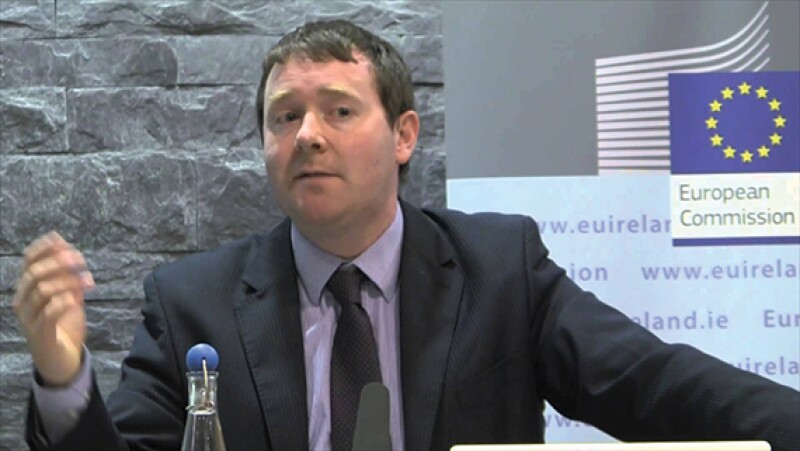
|
Seamus Coffey is a new entry this year |
Seamus Coffey is a new entry in this year's Global Tax 50, and makes the cut for his extensive review of Ireland's corporation tax code.
In the review, 'Review of Ireland's Corporation Tax Code' (or, informally, the Coffey report) he sets out a number of recommendations for modernising Ireland's transfer pricing (TP) rules, recalibrating the existing intellectual property (IP) regime and maintaining Ireland's competitiveness. The report is expected to have a significant impact on transfer pricing in Ireland in the coming years.
Coffey, a lecturer in economics at University College Cork and chairman of the Irish Fiscal Advisory Council, was appointed by Ireland's Department of Finance in October 2016 and tasked with finding areas of the Irish tax code that needed updating.
The report is not legally binding but, if adopted, the recommendations will have a big impact on the application of TP rules. It proposes expanding the scope of application of the TP rules and imposing a heavier administrative burden on taxpayers subject to the rules.
In his report, Coffey confirmed that the Irish corporation tax code is fair, competitive, sustainable and certain. However, in order to modernise the TP rules, the report recommended Ireland follow the 2017 OECD TP guidelines and adopt BEPS Action 13 on country-by-country reporting. It also recommended that TP rules should apply to all transactions including non-trading transactions, capital transactions and SME transactions.
The report made recommendations on taxation of intangible assets, saying that a controlled foreign company regime must be introduced by 2019 in line with the EU's Anti-Tax Avoidance Directive. Coffey also called for Ireland to maintain its commitment to BEPS and EU initiatives, and recommends that Ireland moves to a territorial tax system and/or changes its foreign tax credit regime. This would help maintain Ireland's competitiveness, the report said.
The Minister for Finance Paschal Donohoe stated the review "provides a clear road map and timeframe for Ireland to implement important international reforms".
Something that will not be altered following the report is Ireland's 12.5% corporate tax rate, which, according to Donohoe, remains "the bedrock of our competitive corporation tax regime and that is not going to change".
The Global Tax 50 2017 |
|
|---|---|
The top 10 • Ranked in order of influence |
|
6. Arun Jaitley |
|
The remaining 40 • In alphabetic order |
|
| The Estonian presidency of the Council of the European Union |
|
| International Consortium of Investigative Journalists (ICIJ) |
|
| United Nations Committee of Experts on International Cooperation in Tax Matters |
|









